Buying a pickup truck is a significant investment, and whether you're upgrading from an older model or purchasing your first one, it’s essential to make an informed decision. Pickup trucks are versatile vehicles, serving a wide range of purposes from daily commuting to heavy-duty hauling and off-road adventures. However, with so many makes, models, and configurations available, the process can be overwhelming. In this guide, we’ll walk you through everything you need to know before buying a pickup truck, helping you to choose the right one for your needs.

1. Determine Your Primary Use
Before diving into the specifics of various models, it's crucial to evaluate how you intend to use the truck. Do you need a workhorse for towing and heavy hauling? Or are you looking for a reliable, fuel-efficient vehicle for everyday driving with the occasional weekend project?
- Towing and Hauling: If you plan on towing trailers, boats, or other heavy loads, prioritize models with higher towing capacities. Heavy-duty trucks like the Ford F-250 or RAM 2500 offer impressive towing capabilities.
- Off-Roading: For those interested in off-roading, look for trucks with 4x4 drive systems, reinforced suspensions, and high ground clearance, such as the Toyota Tacoma TRD Pro or the Ford Ranger Raptor.
- Commuting and Daily Driving: If you're mainly driving the truck in urban areas or for daily use, you might prefer a smaller, more fuel-efficient option like the Chevrolet Colorado or Nissan Frontier.
2. Choose the Right Size and Bed Length
Pickup trucks come in different sizes, including full-size, mid-size, and heavy-duty. Understanding the difference between these categories will help you find the right fit.
- Full-Size Pickup Trucks: These trucks are the most popular and offer a balance of power, comfort, and cargo capacity. Popular models include the Ford F-150, Chevrolet Silverado 1500, and RAM 1500.
- Mid-Size Pickup Trucks: If you don’t need the full power and size of a full-size truck, a mid-size option like the Toyota Tacoma or Honda Ridgeline might be more practical. These trucks are easier to maneuver and often have better fuel economy.
- Heavy-Duty Pickup Trucks: For serious work, a heavy-duty truck is your best bet. These vehicles, such as the Ford F-250 or RAM 3500, are built to handle large loads and tough conditions.

3. Engine and Performance
Pickup trucks come with a range of engine options, each suited for different needs. Whether you're looking for power, fuel efficiency, or a balance of both, there are many choices.
- Gas vs. Diesel Engines: Gasoline engines are generally more affordable and sufficient for most light to moderate tasks. However, diesel engines are preferred for heavy-duty towing and hauling because they offer better torque and fuel efficiency.
- Engine Size and Configuration: Pickup trucks come with four-cylinder, V6, and V8 engines. A four-cylinder engine offers better fuel efficiency, while V6 and V8 engines provide more power for towing and hauling.
4. Payload and Towing Capacity
Understanding a truck’s payload and towing capacity is crucial if you plan on using it for heavy-duty tasks.
- Payload Capacity: This refers to the maximum weight a truck’s bed can safely carry. It’s an important consideration if you plan on hauling materials, furniture, or other heavy items.
- Towing Capacity: If towing is a priority, make sure the truck you choose has a towing capacity that meets your needs. Full-size trucks like the Ford F-150 and RAM 1500 can tow up to 12,000 pounds or more, while smaller trucks like the Toyota Tacoma or Nissan Frontier can handle towing loads of 3,500 to 6,000 pounds.
5. Interior Features and Comfort
While pickup trucks are known for their utility, many modern models offer a high level of comfort and advanced technology features.
- Cab Configuration: Pickup trucks come with various cab options, including regular cab (two doors and a single row of seats), extended cab (four doors with a small back seat), and crew cab (full-sized rear seats). Choose the cab size based on how much passenger space you need.
- Infotainment System: Most new pickup trucks come equipped with modern infotainment systems like Apple CarPlay and Android Auto. Look for a truck that offers user-friendly controls, a large touchscreen, and integrated navigation if you need it.
- Comfort and Space: If you’re going to be spending a lot of time in your truck, comfort matters. Look for features like leather upholstery, heated seats, and advanced climate control systems.

6. Fuel Efficiency
Fuel efficiency is another important consideration, especially with the rising cost of gasoline. Larger trucks, particularly those with V8 engines, typically consume more fuel, while smaller models or those with hybrid or diesel engines offer better efficiency.
- Hybrid Trucks: Some newer models, such as the Ford F-150 PowerBoost Hybrid and the Chevrolet Silverado 1500 with a hybrid option, offer a good balance between power and fuel economy.
- Diesel Options: Diesel engines are more fuel-efficient than their gas counterparts, especially for highway driving. Consider a diesel engine if you plan on using your truck for long hauls or frequent towing.
7. Safety Features
Safety should always be a priority when purchasing a vehicle. Pickup trucks are no exception, and many newer models are equipped with advanced safety features to protect you and your passengers.
- Driver Assistance Technologies: Look for features like lane departure warning, adaptive cruise control, forward collision warning, automatic emergency braking, and blind-spot monitoring. These technologies can significantly reduce the risk of accidents and make driving easier.
- Crash Test Ratings: Check the crash test ratings of the model you're considering from organizations like the National Highway Traffic Safety Administration (NHTSA) and the Insurance Institute for Highway Safety (IIHS).
8. Pricing and Warranty
Finally, consider the cost of ownership. Pickup trucks come in a range of prices, from budget-friendly models to luxury trucks with all the bells and whistles. Be sure to factor in insurance, maintenance, and fuel costs.
- Base vs. High-End Models: Trucks have a wide range of options, so prices can vary greatly depending on trim levels and added features. Decide what features are most important to you and balance them against your budget.
- Warranty and Reliability: Check the warranty offered by the manufacturer. A solid warranty can provide peace of mind in case of mechanical issues. Brands like Toyota and Honda are known for their reliability, but many American brands also offer extended warranties for peace of mind.
Conclusion
Buying a pickup truck is a big decision, but by considering your specific needs, engine preferences, towing capacity, and desired features, you can make an informed choice. Whether you’re looking for a rugged work truck or a comfortable ride for your daily commute, there’s a pickup out there that fits your lifestyle. Take your time, test drive multiple models, and choose the one that will serve you best for years to come.




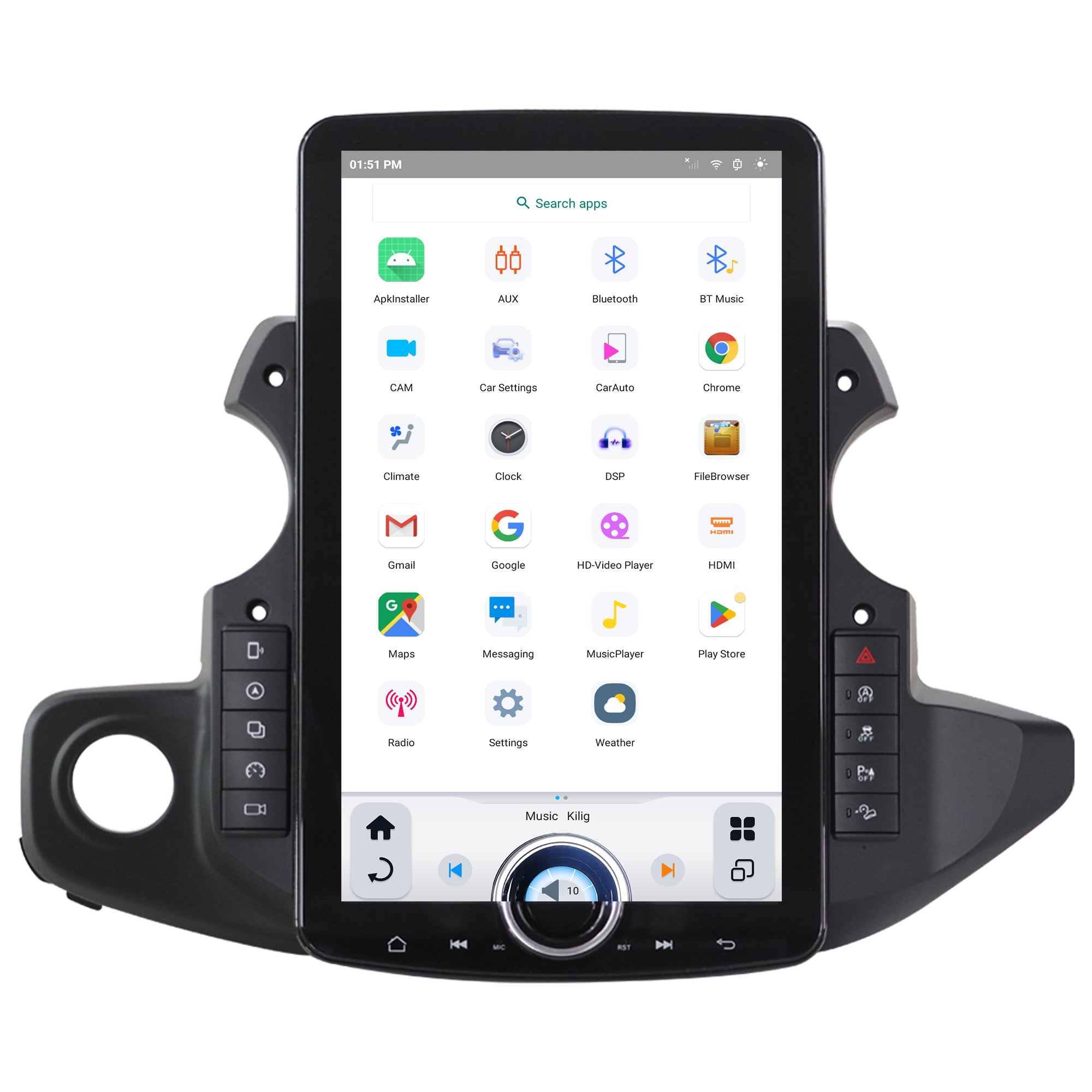
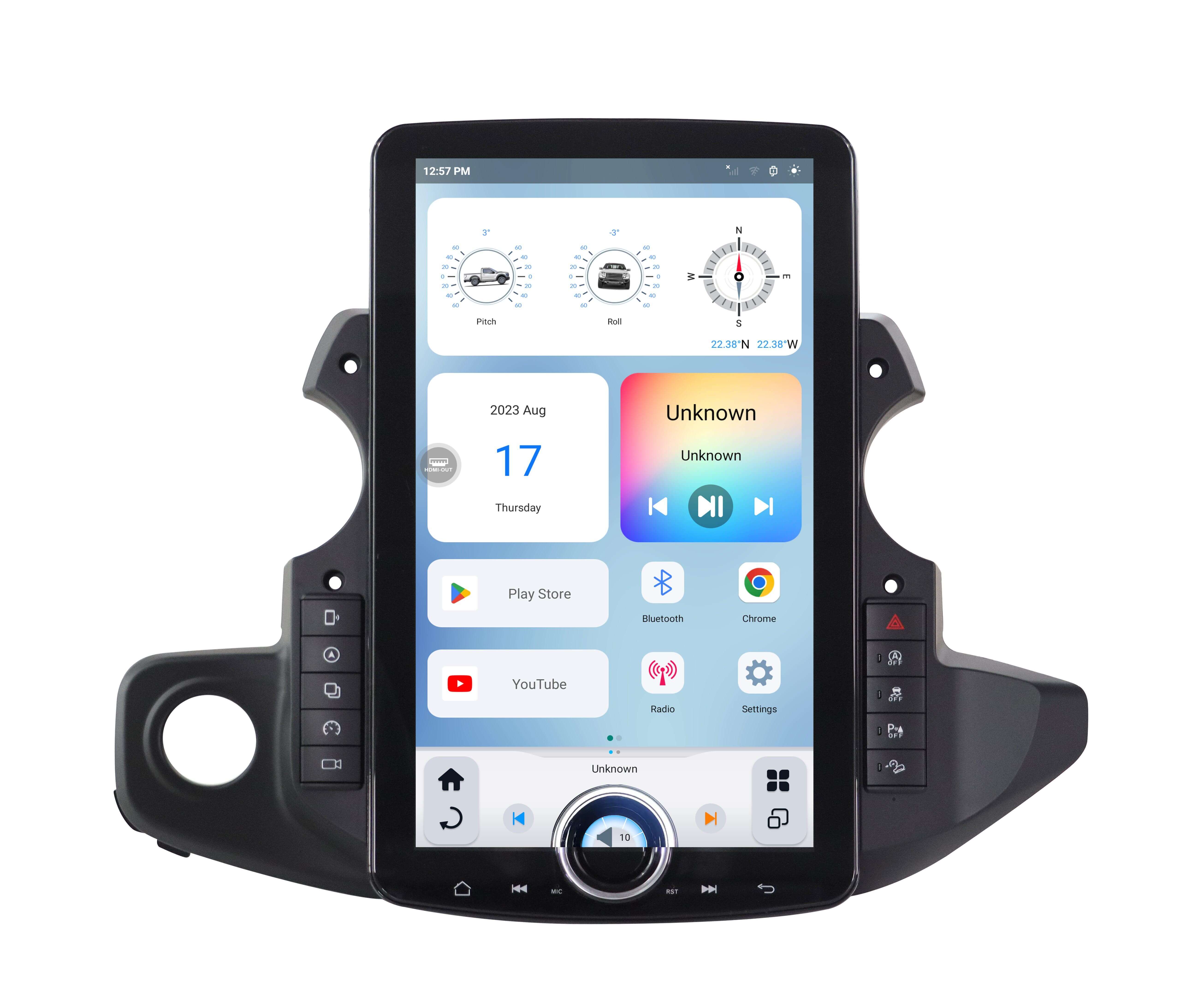
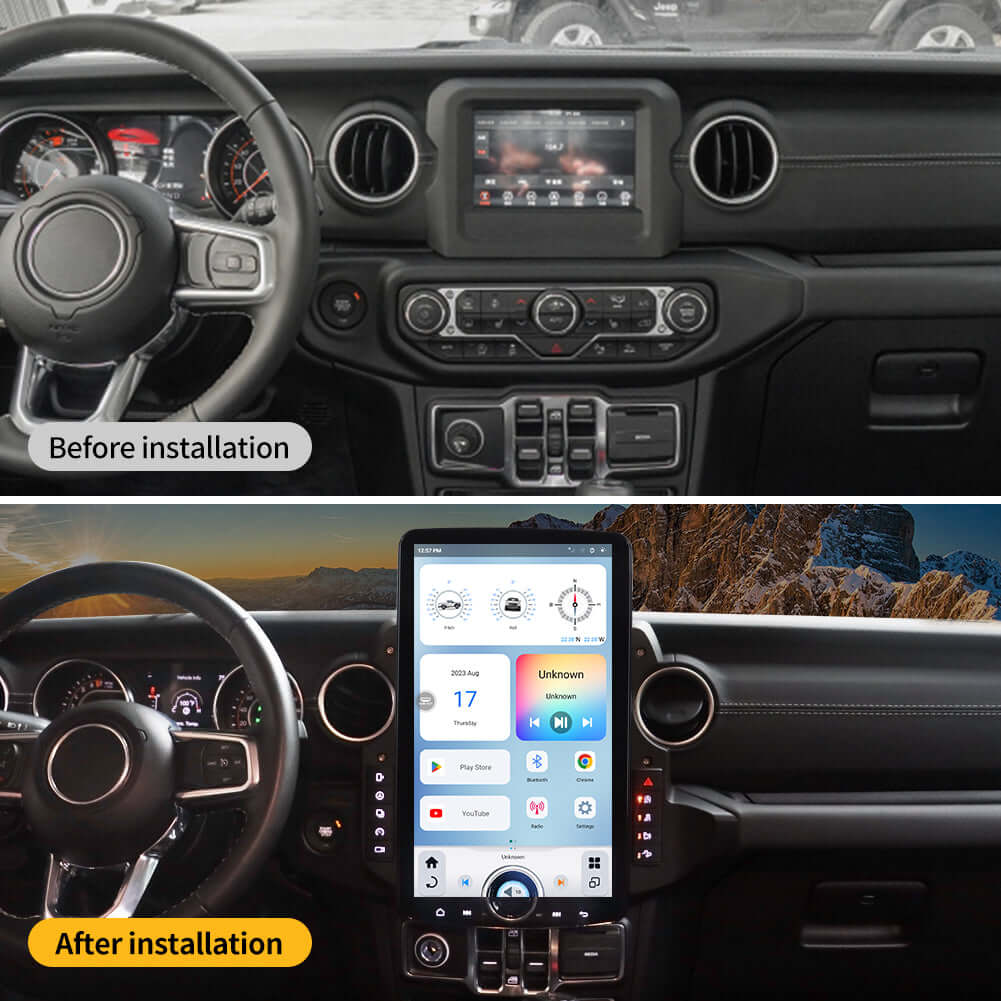
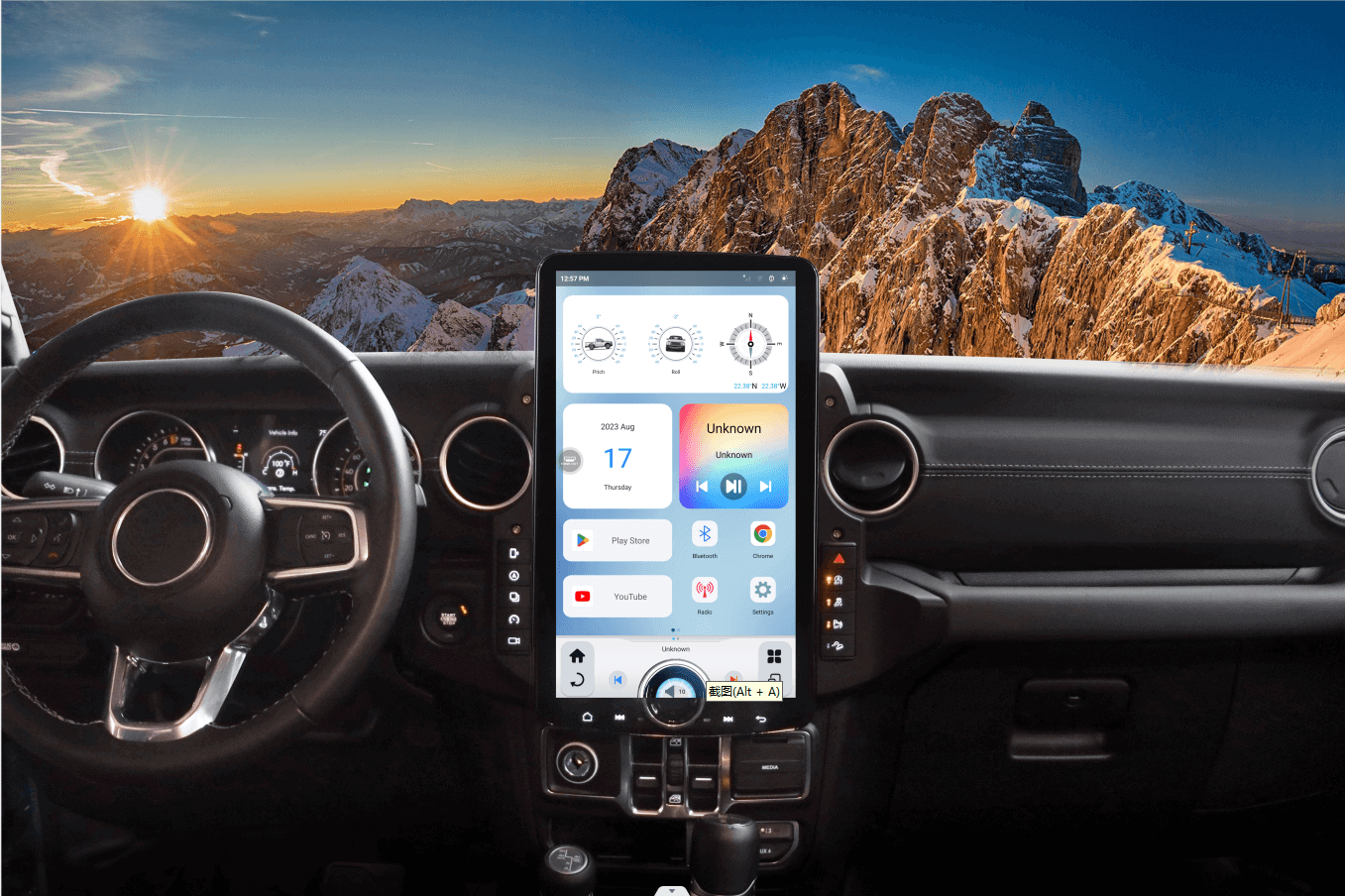

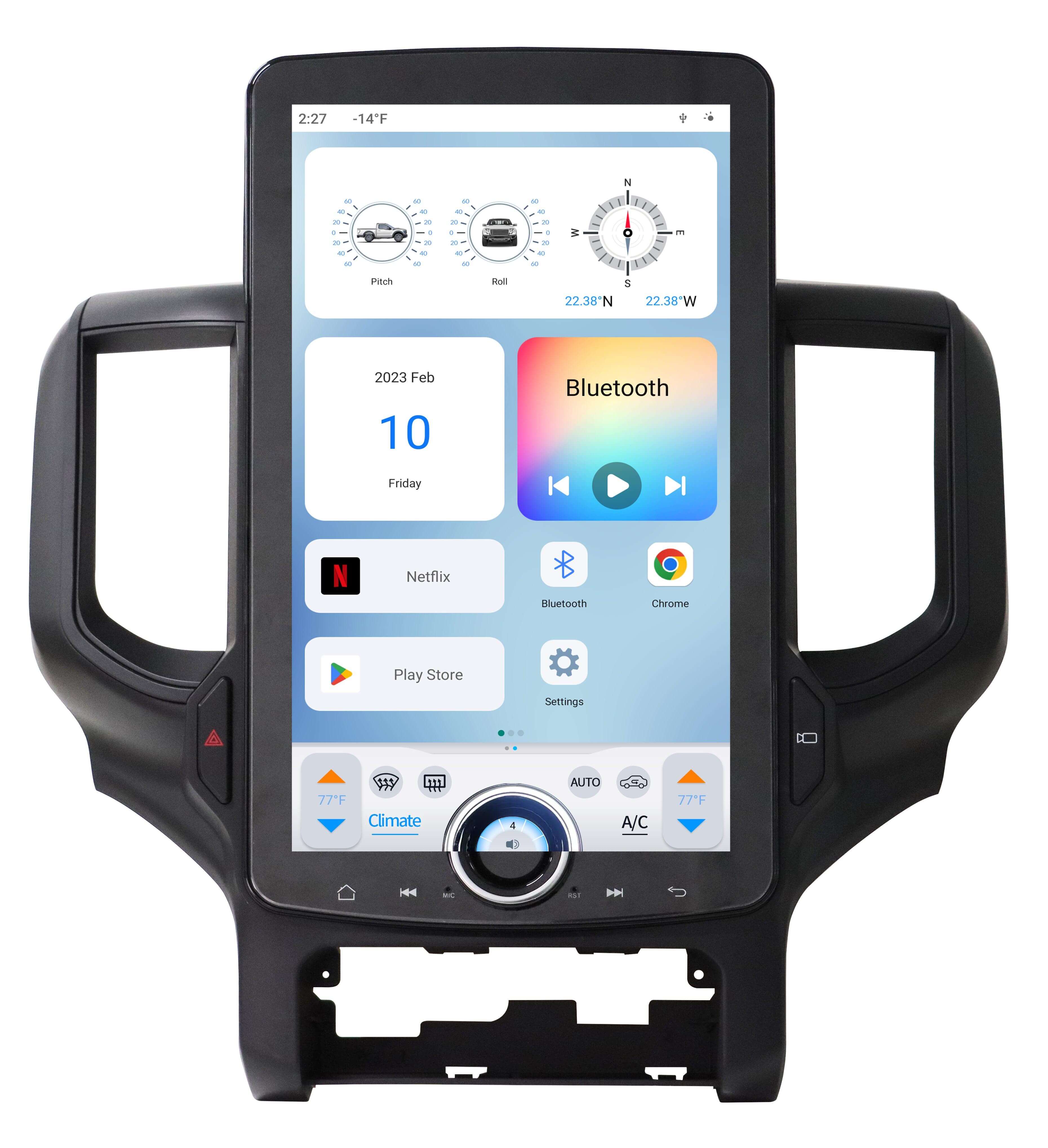
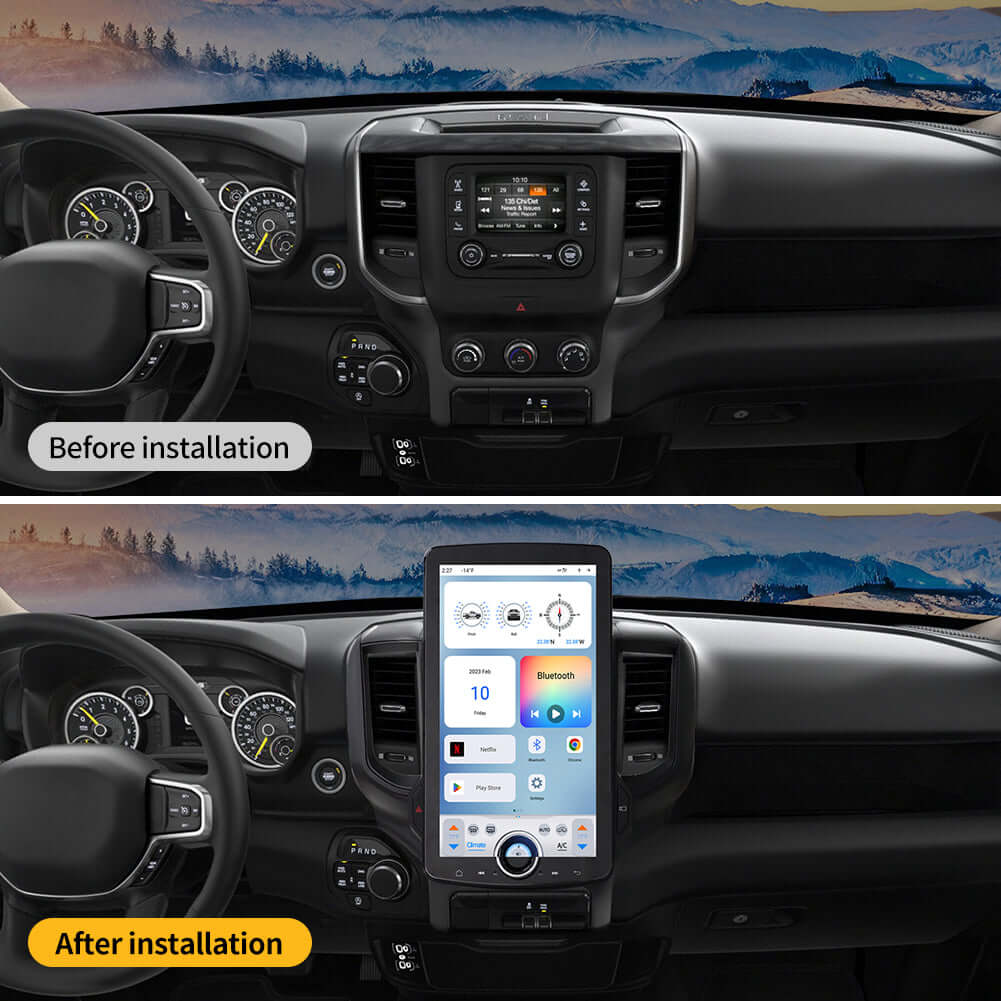
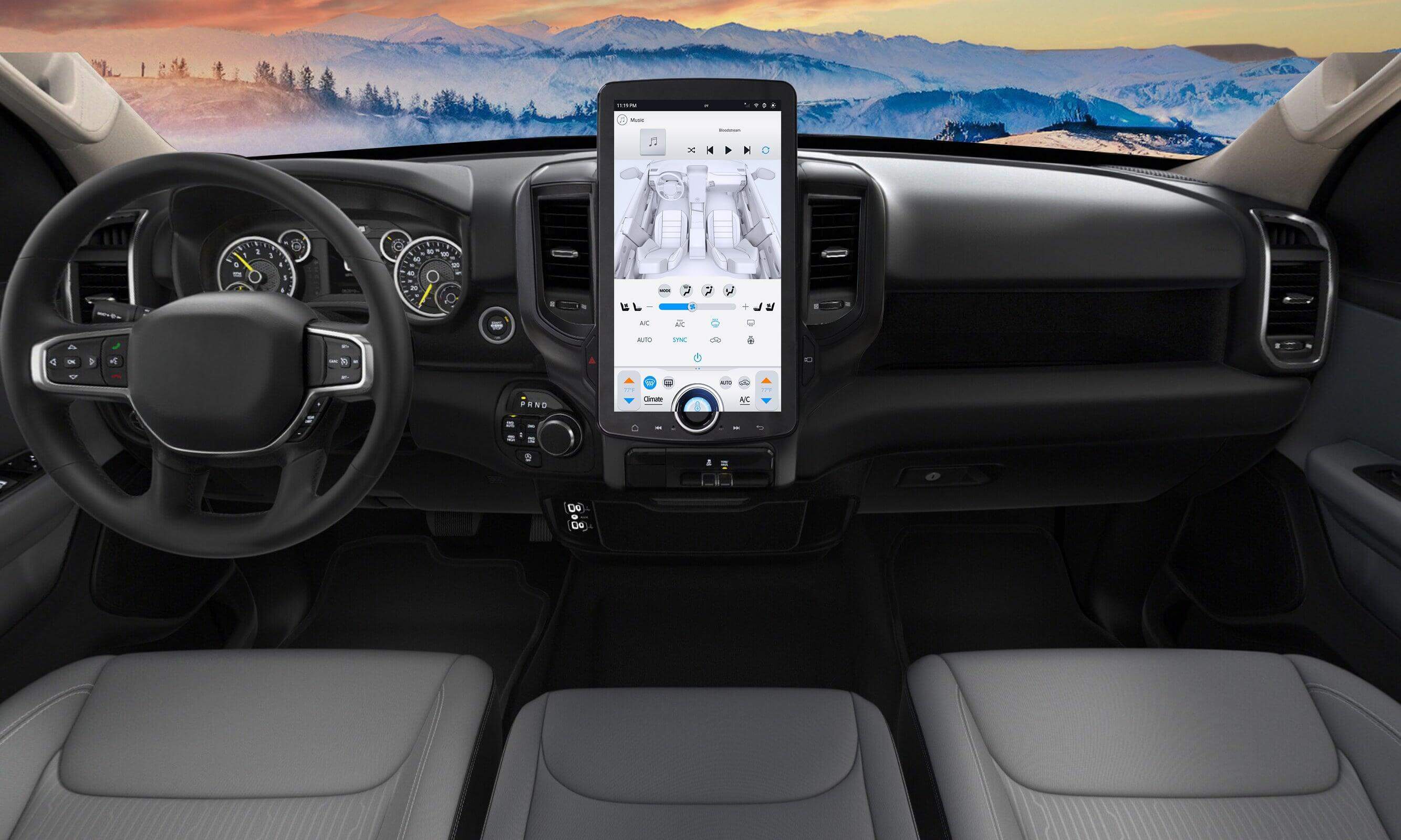
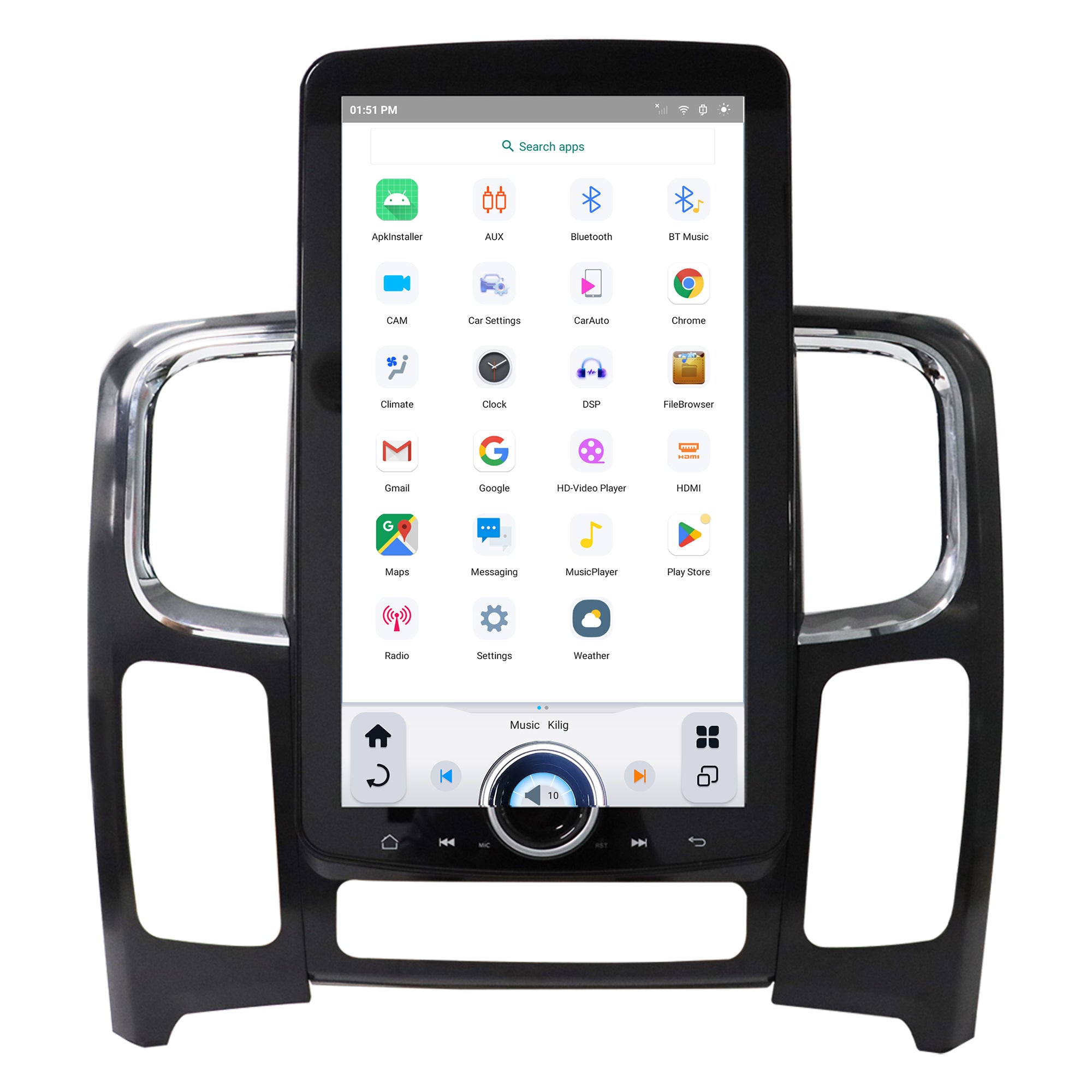
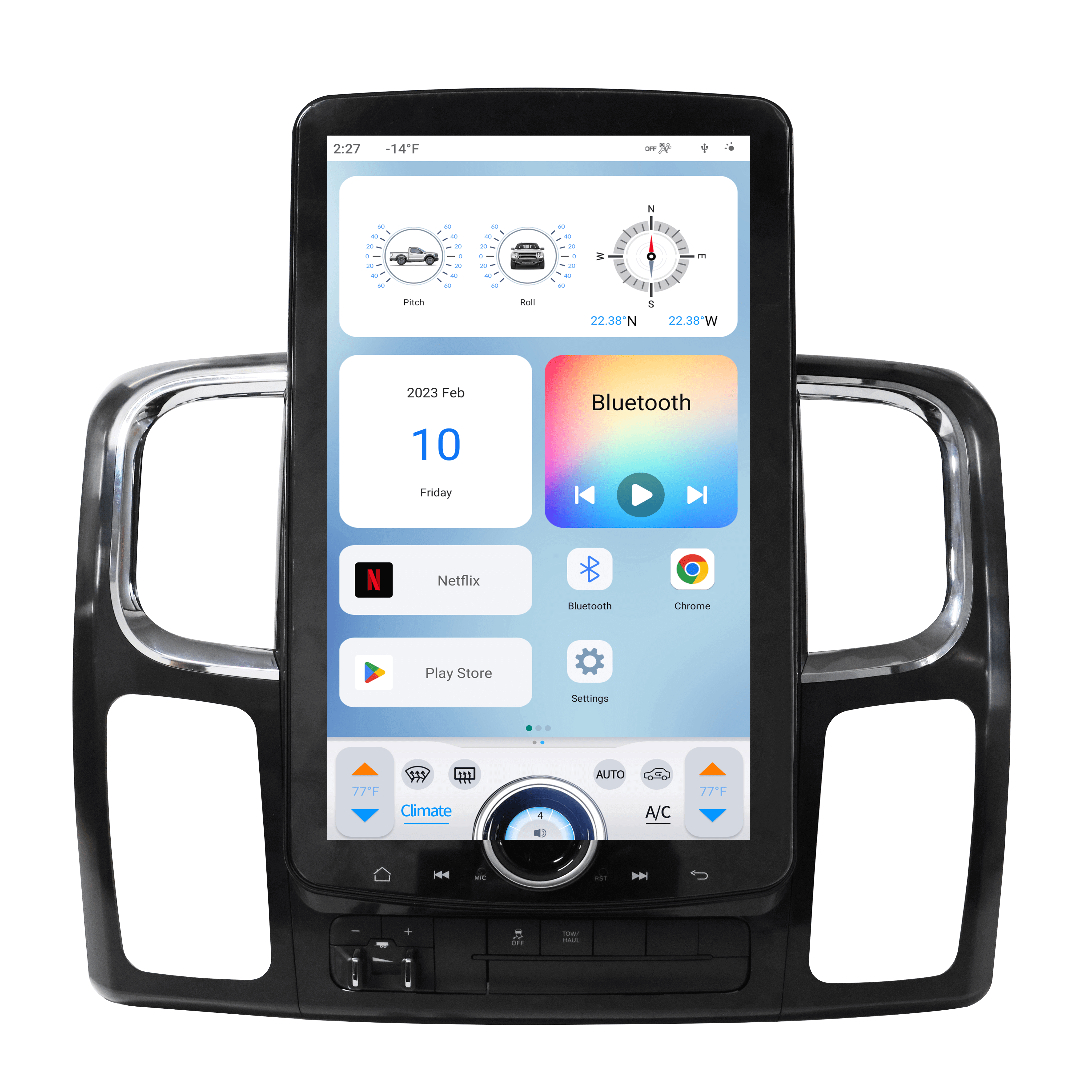
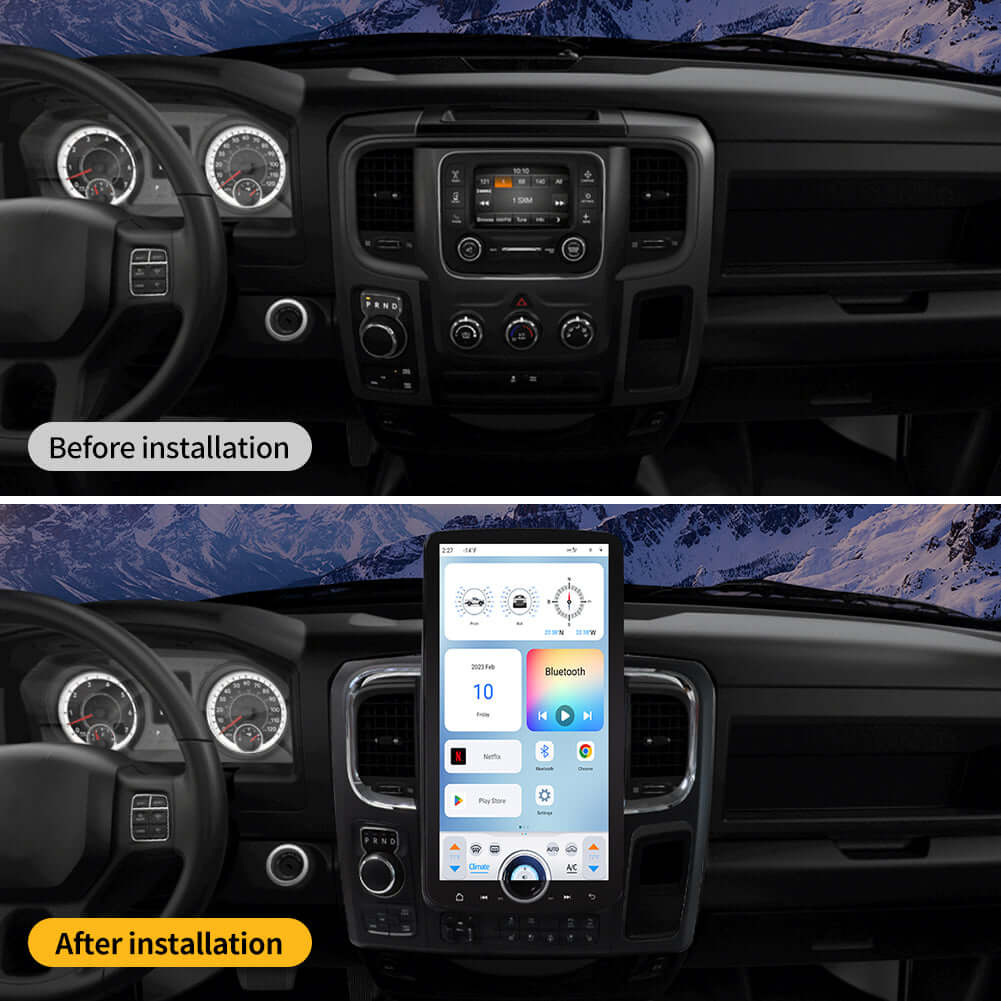
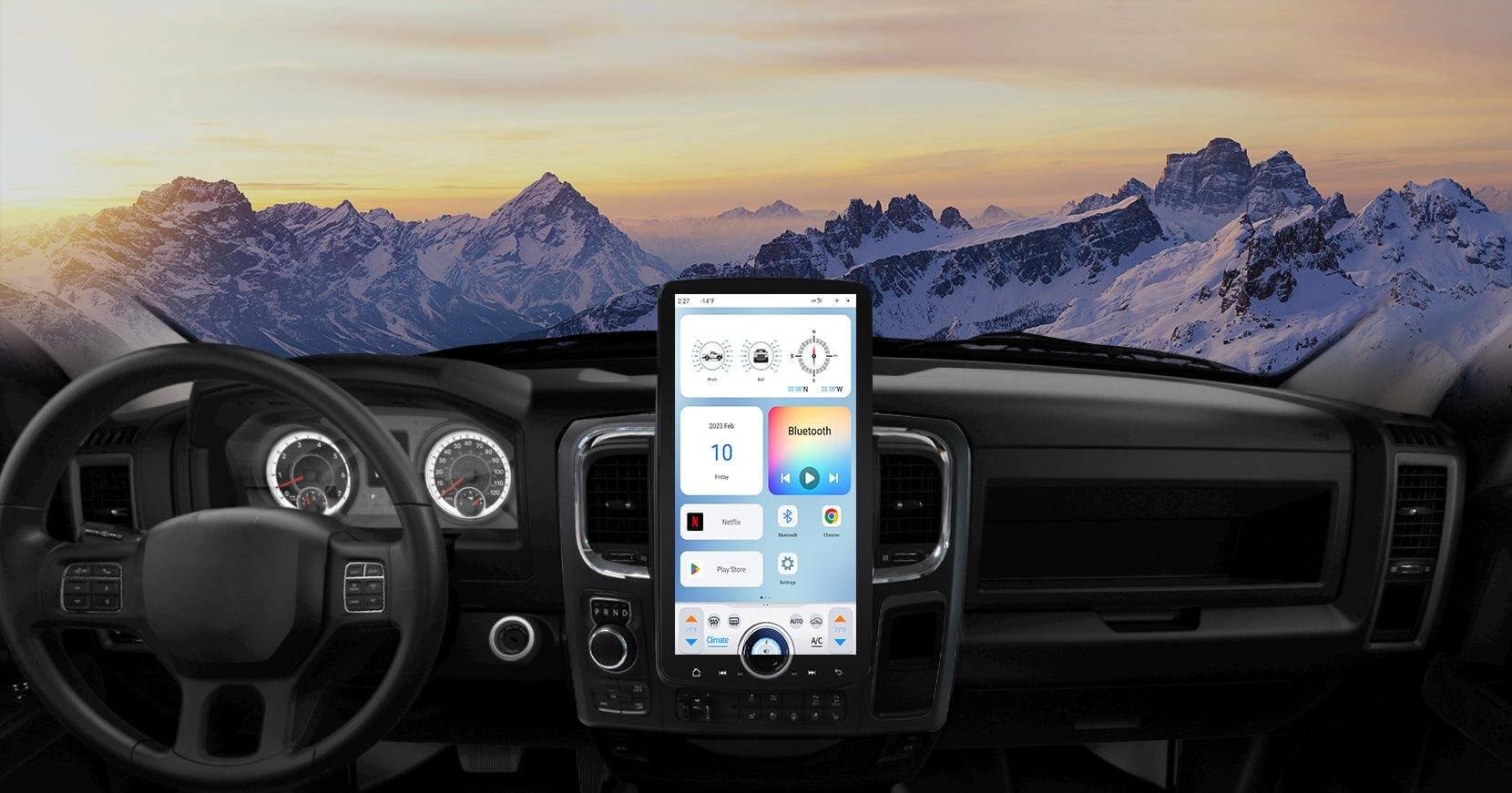

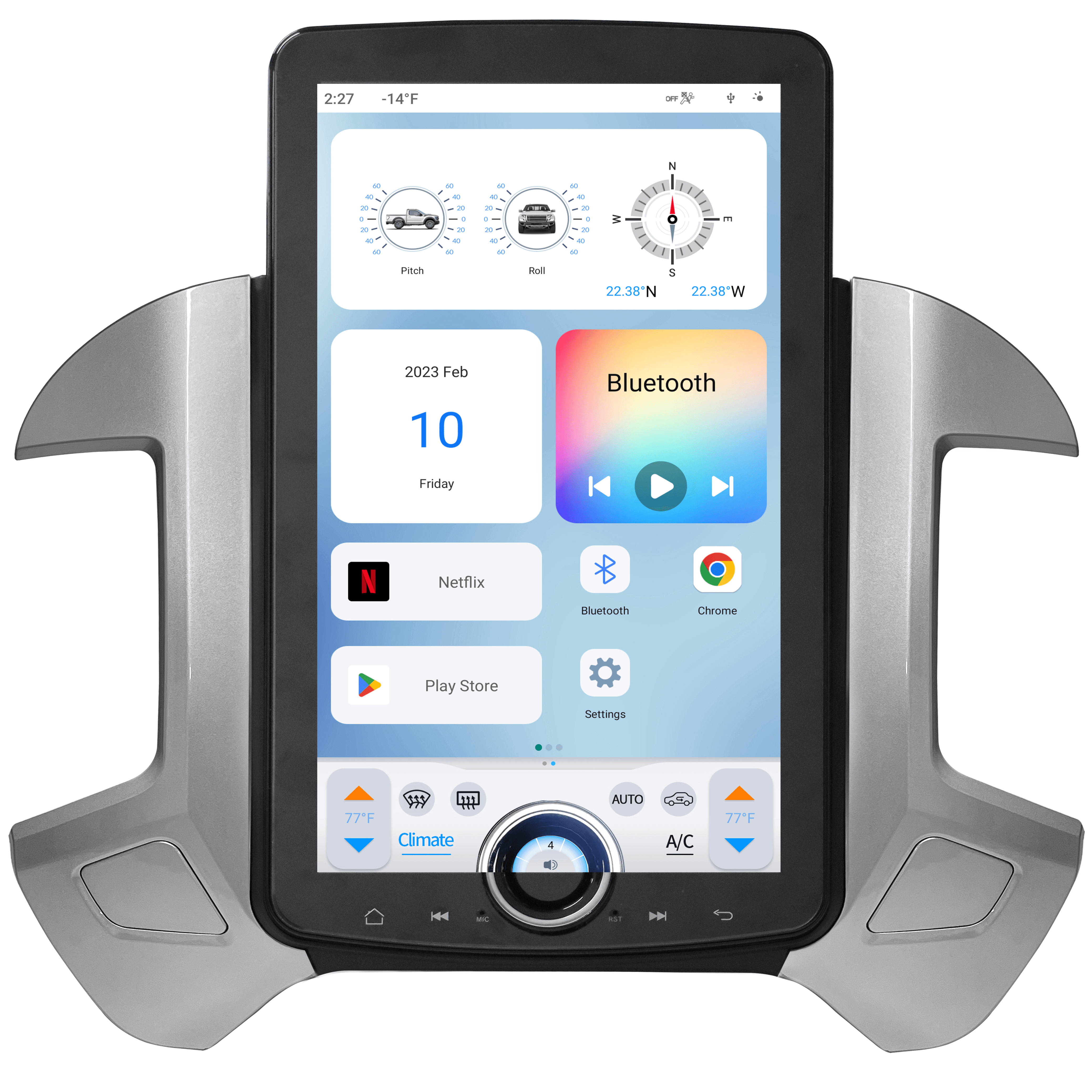
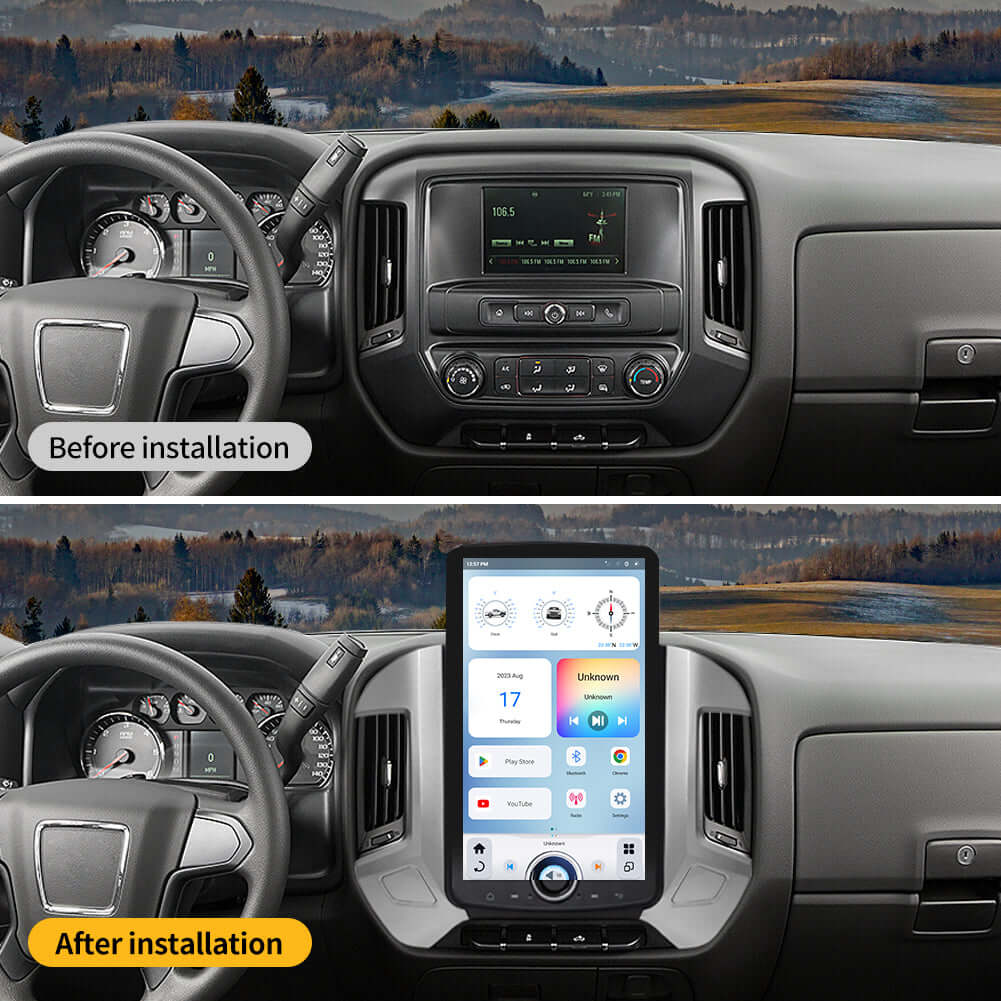
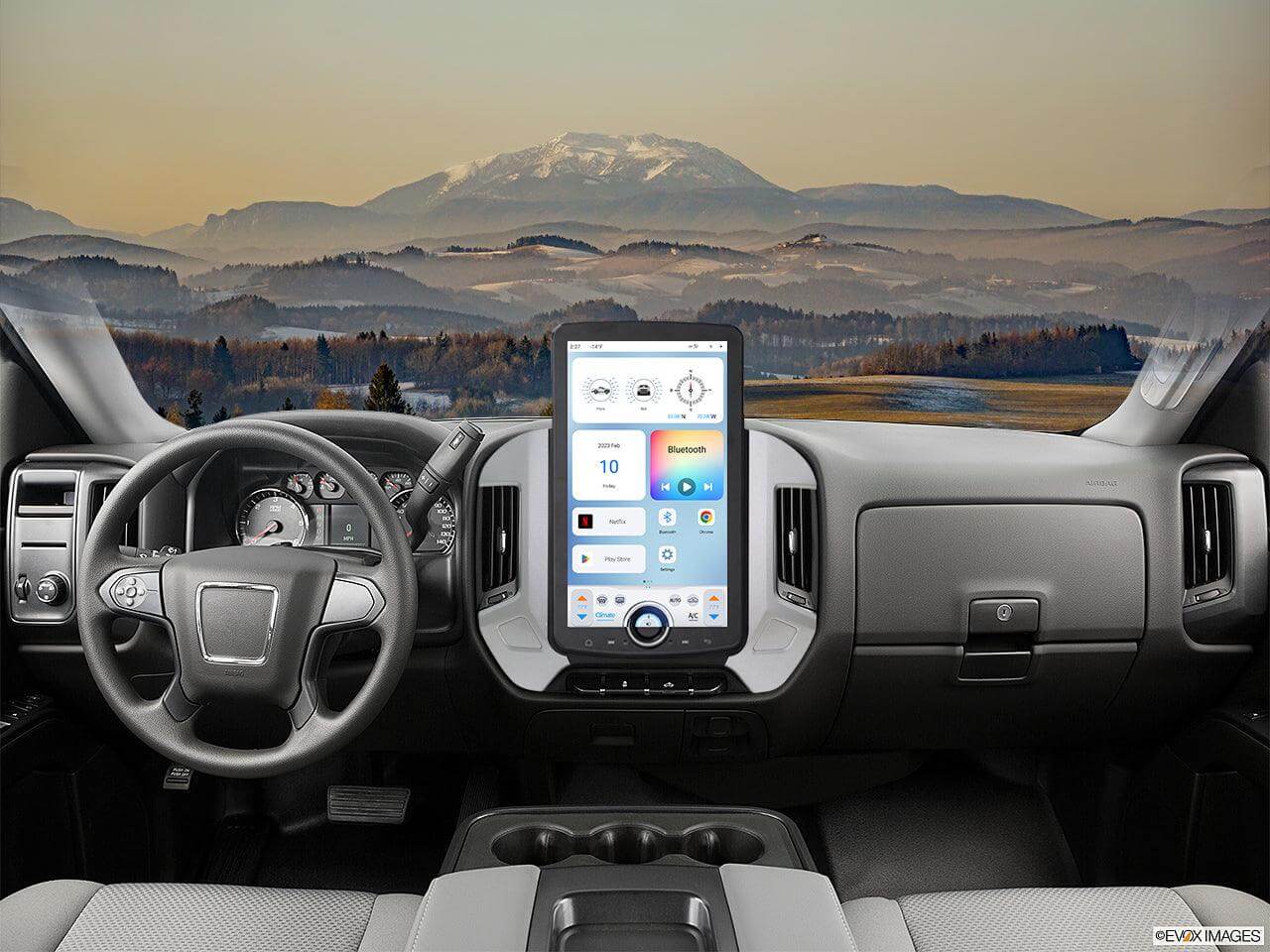


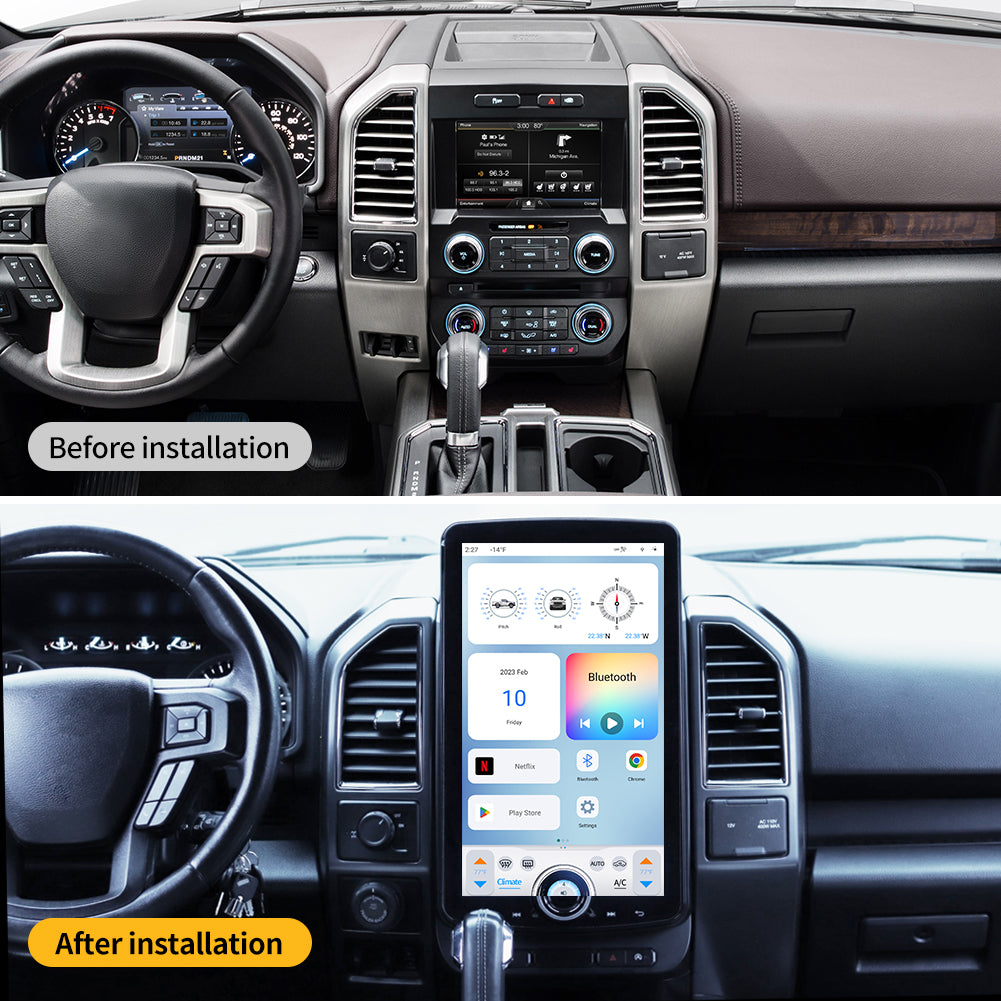

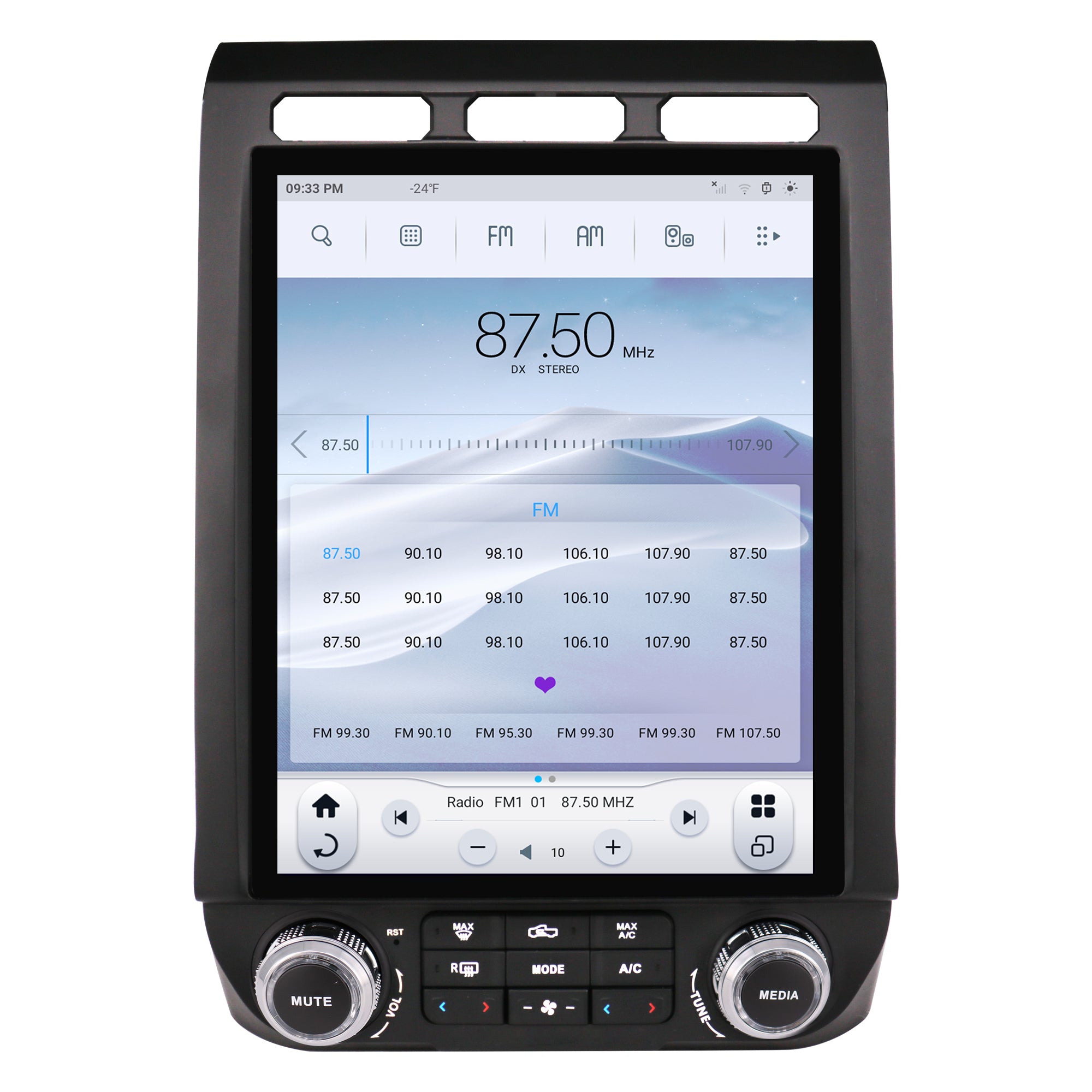
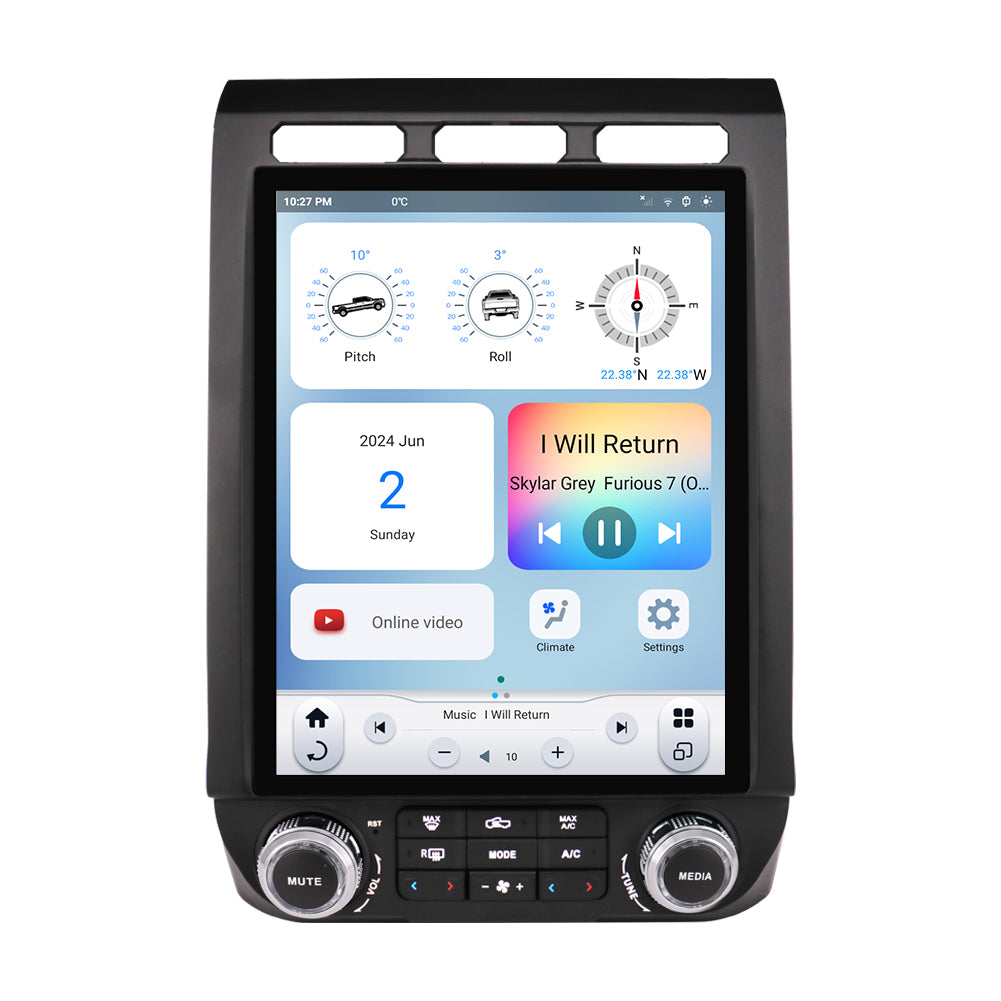
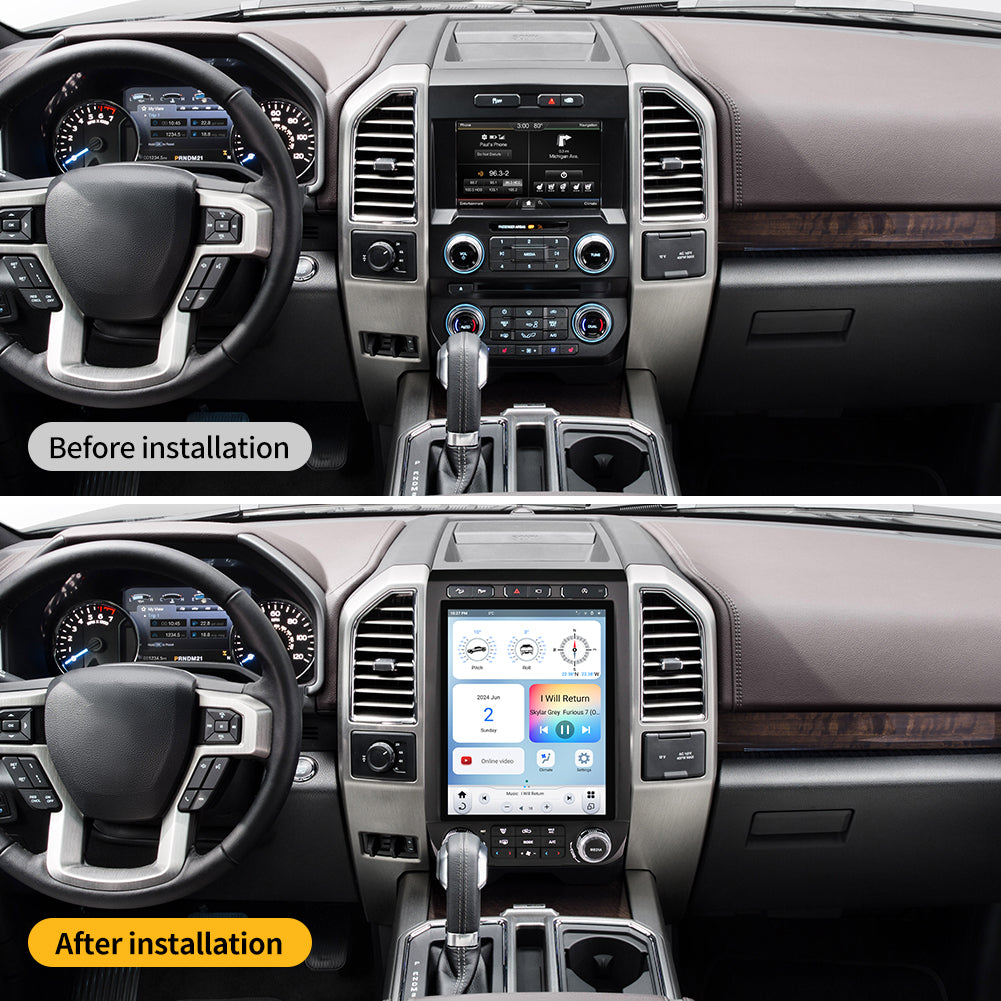
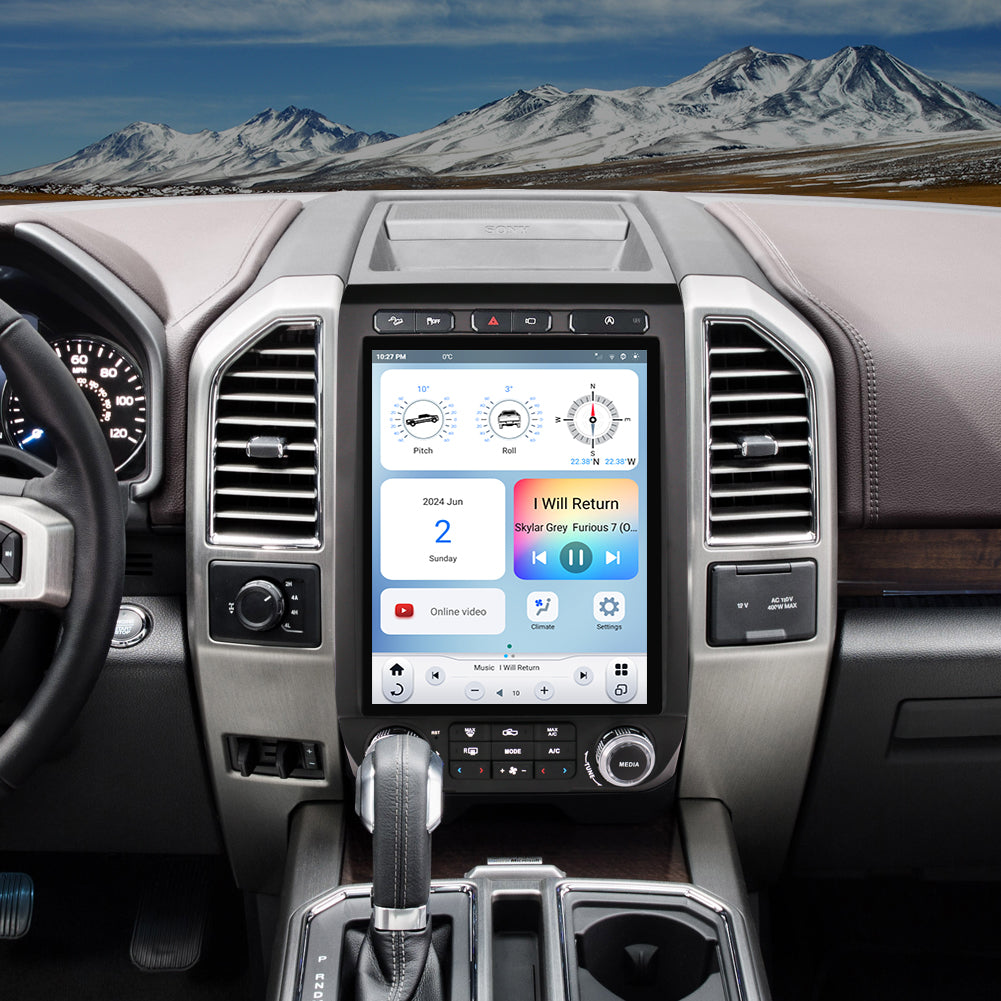
Share:
Tesla Style Radio Installation Guide for Ford Mustang (2015-2020)
Car Maintenance in Spring: How to Keep Your Dodge Ram Working Better